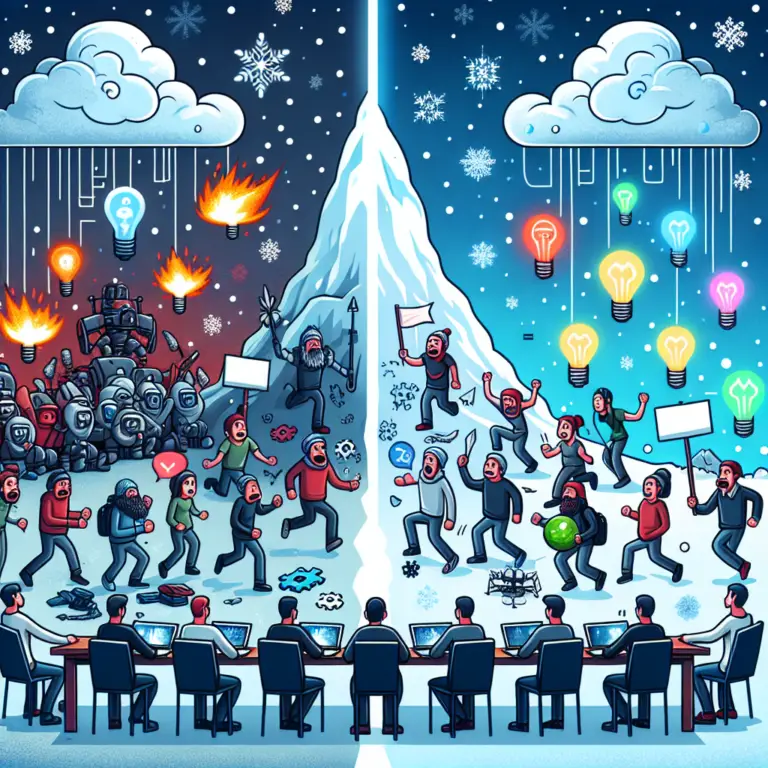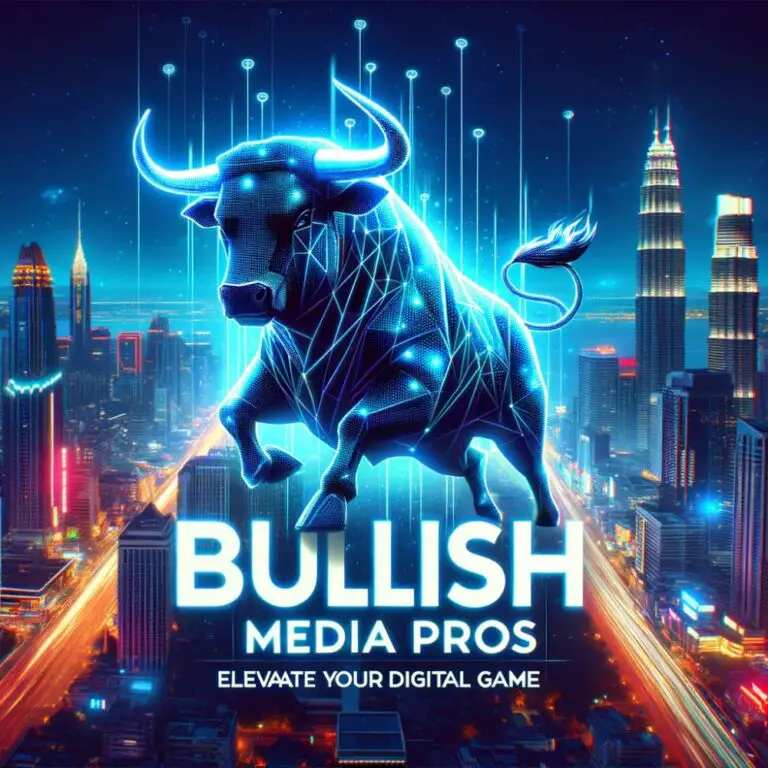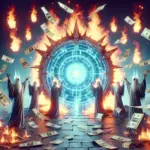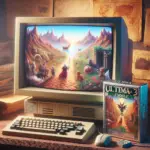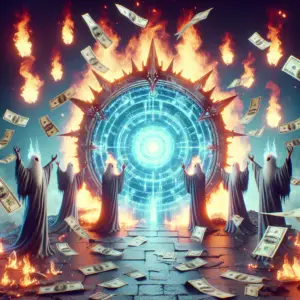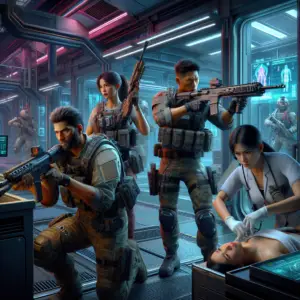Issues Faced by Overwatch 2 Since Release
Since its launch, Overwatch 2 has encountered several challenges, including:
- Absence of the promised PvE content, a significant draw for players.
- Declining engagement and player investment, signaling a drop in popularity.
- Unfavorable reception on Steam, with open player dissatisfaction.
The freemium model of Overwatch 2, particularly in comparison to the fully-priced original Overwatch, has been a point of contention among the gaming community. This sentiment was exacerbated by the recent Winter Fair event controversy. Players were frustrated to learn that it was impossible to earn every cosmetic in the event, even if they opted for the premium purchase. The situation was further inflamed by a response from executive producer Jared Neuss, who, in a post on twitter.com, seemed to downplay the concerns:
It’s $5 for 4 Legendary skins—which feels squarely in the spirit of the Holidays to me.
— Jared Neuss @OhReallyJared.twitter.com (@OhReallyJared) December 25, 2023
The issues surrounding the Winter Fair event have cast a shadow over the game’s festive season, highlighting the delicate balance between monetization and player satisfaction.
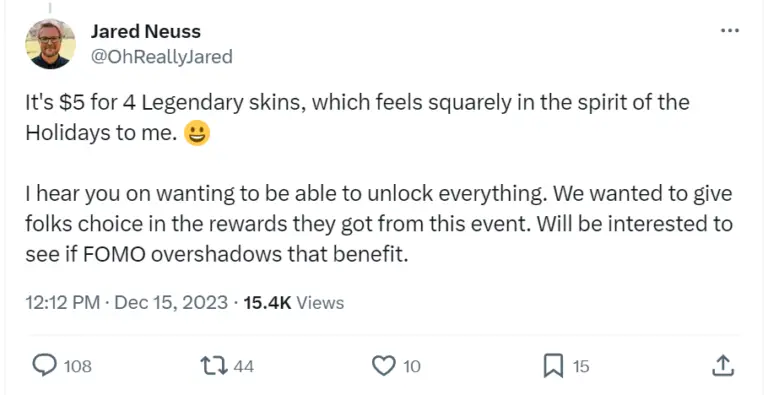
Winter Fair Event Controversy
The Winter Fair event in Overwatch 2 sparked significant controversy among the game’s community. Executive producer Jared Neuss responded to the criticism with a comment that highlighted the perceived value of the event’s offer:
It’s $5 for 4 Legendary skins
— Jared Neuss @OhReallyJared.twitter.com (@OhReallyJared) December 25, 2023
Despite the offer, the event’s ticket distribution system and the weekly cap on tickets meant that players could not acquire all the available items through gameplay alone. To obtain the full range of cosmetics, players were required to purchase a shop bundle for $30.
The event’s structure led to a sense of Fear of Missing Out (FOMO), as players felt compelled to spend more to collect all the event items. The following are key points regarding the event:
- Tickets are earned for every nine games played, with wins counting as two.
- There is a weekly cap on tickets, limiting the number of items players can earn.
- To collect all event items, players must purchase a shop bundle.
- The $5 for 4 Legendary skins offer is seen as generous but comes with limitations.
The event’s monetization strategy has been a topic of debate, with many in the community feeling that it prioritizes revenue over player experience.
Interview Insights
In an interview on the Group Up! Podcast, Jared Neuss, the executive producer of Overwatch 2, shared his thoughts on the Winter Fair event’s structure and the team’s intention to provide players with more choice. Neuss expressed surprise at the community’s response and acknowledged that the team’s approach to framing the event may have been misguided.
The importance of framing was a key topic, with Neuss comparing the situation to the anecdote of World of Warcraft’s rested experience, which was initially received negatively when presented as a penalty but became popular when reframed as a bonus. The same principle applied to the Winter Fair event, where the choice was presented as currency with an arbitrary weekly cap, which felt stingy to players.
Neuss also discussed the drawbacks of a linear pass system that forces players to grind for items, suggesting that it is not ideal for those who only want one specific item. The table below summarizes the key points from the interview:
| Event Structure | Designed to give players more choice in rewards |
| Framing | Important in player reception; can turn a negative into a positive |
| Community Response | Surprising to the team; feedback is crucial for future improvements |
Neuss’s insights reveal the complexities of game event design and the delicate balance between providing player choice and maintaining a profitable business model.
Community Feedback and Future Commitments
Jared Neuss acknowledged the unique feedback from the Overwatch community regarding the Winter Fair event. He emphasized the team’s commitment to listening to the community and adapting future events to better meet player expectations. Neuss believes that while the model of offering four skins for five dollars is generous, it is crucial to consider the community’s perspective and address their concerns.
The Overwatch 2 team is taking the feedback seriously and sees it as valuable for shaping the direction of future in-game events. Neuss’s statements reflect a willingness to learn from the controversy and ensure that player choice and satisfaction remain at the forefront of event design.
As Overwatch 2 continues to evolve, the team’s dedication to listening and responding to player feedback will be an essential aspect of the game’s ongoing development and community engagement.

